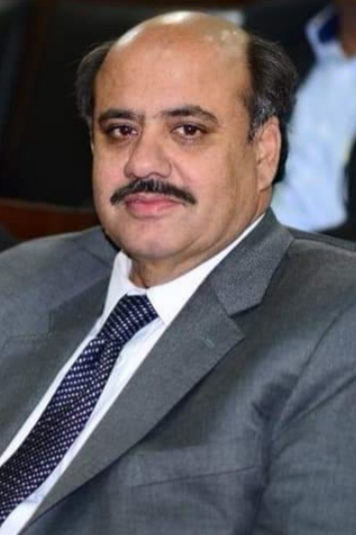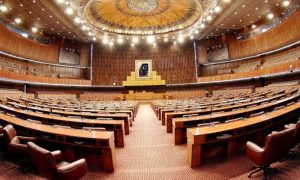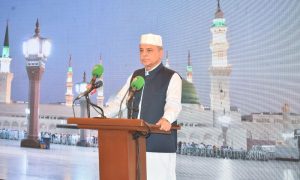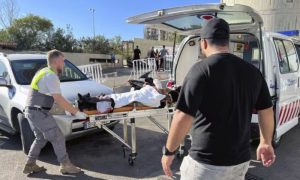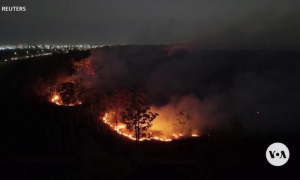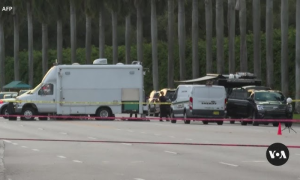Pakistani society and state were shocked on August 26, 2024, by the terrorist attacks in Balochistan. The assassination of innocent drivers and laborers, after checking their identities, was an attempt by the anti-Pakistan forces to ignite an ethnic rivalry within the country and to make the Balochs insecure in the entire country, especially the students studying in different cities of Pakistan. Realistically, the militants, who claim they have been struggling for the rights of the Baloch people, are striving to quash the space for the progress of the Baloch aspiring youth.
Islamabad-based think-tank Pakistan Institute for Peace Studies (PIPS) reported that terrorist attacks across the country surged to 59 in August, compared to July’s 38. According to PIPS data, terrorists did 29 attacks in Khyber Pakhtunkhwa, 28 in Balochistan, and two in Punjab, killing 84 people and injured 166.
Balochistan Liberation Army (BLA) — a militant outfit killed 50 people, including 14 security men, in different parts of Balochistan on August 26. It stormed police stations, blew up railway tracks, and set fire to three dozen vehicles. Ayub Achakzai, Musakhail SSP, informed that “As many as 35 trucks, passenger vehicles, pick-ups, and other vehicles were set on fire on the highway near Rara Sham.” The police found 23 bullet-riddled bodies, identified as passengers from Punjab, lying by a roadside.
Pakistani law enforcement agencies have conducted intelligence operations to neutralize the perpetrators of terrorism in the country, including Balochistan. On August 15, 2024, Inter-Services Public Relations (ISPR) Director General (DG) Lieutenant General Ahmed Sharif Chaudhry told in a press conference that ‘32,173 intelligence-based operations were carried out so far in the current year, with 4,021 of them conducted in the past month where 90 khawarij were sent to hell.’ During these operations, 193 brave soldiers embraced martyrdom. He added that the Pakistan Army, police, intelligence, and law enforcement agencies “carry out more than 130 operations on a daily basis” to eradicate terrorism.
Besides the Balochistan and Khyber Pakhtunkhwa, the terrorist groups have increased their activities in central Punjab. On September 7, 2024, the Punjab Counter-Terrorism Department (CTD) reported that the groups included Fitna Al Khwarij (Tehreek-i-Taliban Pakistan), Daish (also known as the militant Islamic State group), Al-Qaida, Sipah-i-Sahaba Pakistan, Lashkar-e-Jhangvi, Jamaat-ul-Ahrar, Zainebiyoun Brigade and others members were detained. It claimed that it had arrested 33 suspected terrorists in 475 intelligence-based operations (IBOs) conducted across the province in the past month. Indeed, it’s a significant accomplishment for the Punjab police. The police are taking the proper steps in the right direction to combat the menace of terrorism in the province.
However, the Punjab police high-ups need to broaden the scope of anti-terrorism, and the Punjab government needs to support it. The biggest challenge to the local police is the arrest of the declared absconders wanted in multiple 302s, who, while on the run from the police, make a sizeable living as paid shooters. They wreak havoc across the country and make a name for themselves as “Gangsters.”
The critical examination of reported incidents reveals that the Punjab Police only targets transnational terrorist groups and has an apathetic approach towards local drug traffickers and absconder shooters in central Punjab districts such as Sargodha, Mandi Bhauddin, etc. Notably, these are used by the transnational terrorist groups for their nefarious activities. Instead of arresting these criminals, the local police underestimate the holistic repercussions of these so-called Gangsters and commonly shelf the heinous criminal’s arrestment on the pretext of family feuds. One needs to understand that these family feuds continue to mature to such a point that bystanders and innocent individuals/families are forcibly dragged into frivolous disputes due to the inefficiency and careless approach of the police towards absconders. Hence, it provides an excellent nourishing environment for such “Gangsters.”
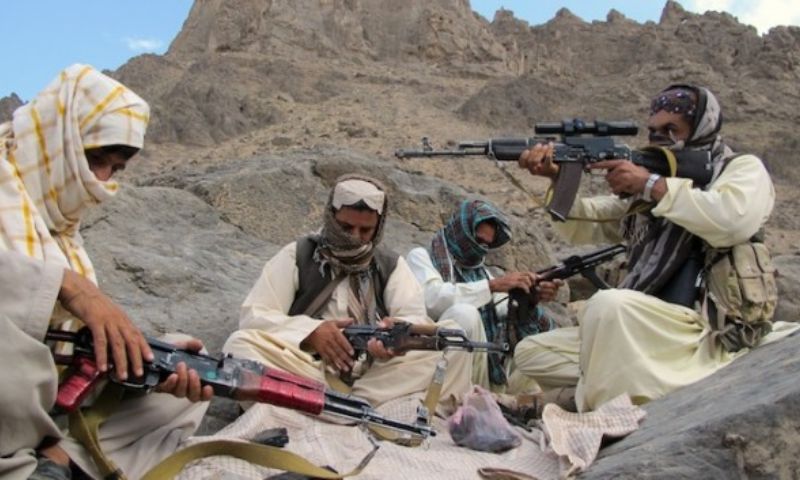
Notably, it seems that the local police’s significant resources and time are wasted on protocol duties instead of policing. The government needs to ban the local police involvement in the protocol duties. For elites’ protocol, the government shall establish a separate police force. For instance, Police Station Phularwan personnel are permanently deputed to escort high-ups on the Lahore to Islamabad Motorway from the Bhera to Kotmomin interchange. Moreover, the same police station is responsible for escorting the elites’ vehicles in the name of security from Salem interchange to Bhalwal and from the same interchange to Headficiria, Mandi Bhauddin. Indeed, the police are least interested in such duties and desire to focus on their responsibilities. Still, there is no option to refuse the protocol duties without the government’s clear directive on it.
To conclude, the issues narrated above may seem to refer to the mundane issues surrounding the life and culture of rural Pakistan. The same is providing well-established and well-funded terrorist organizations with excellent assets to be utilized freely and manipulatively in the course of destabilizing Pakistan. Thus, we must act before we see a rehappening of the 26th August incident in Punjab.









